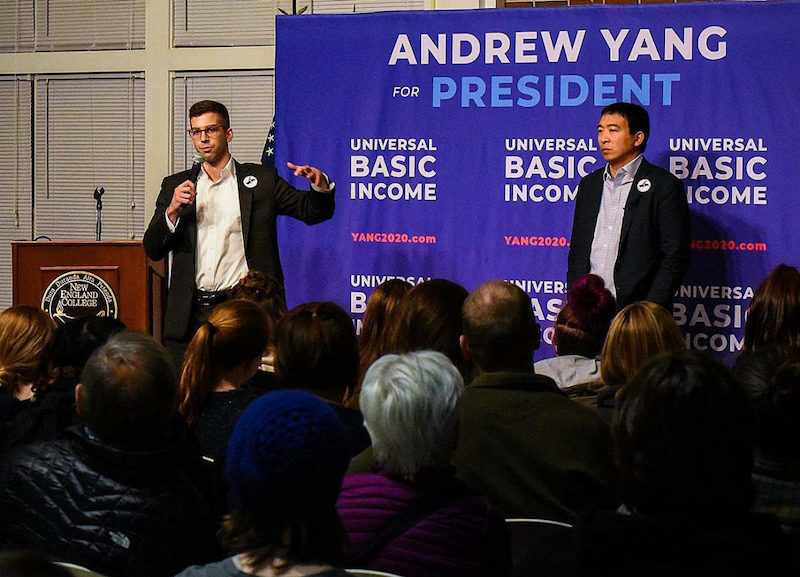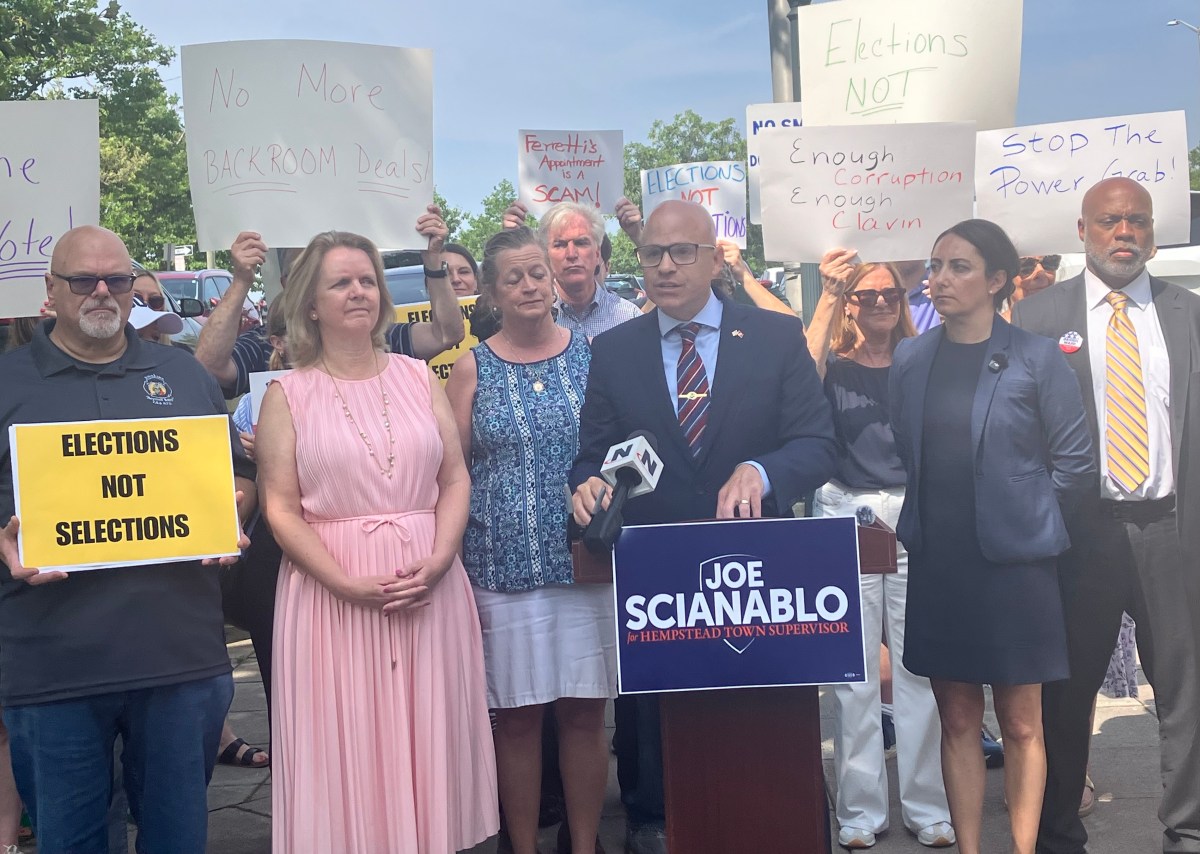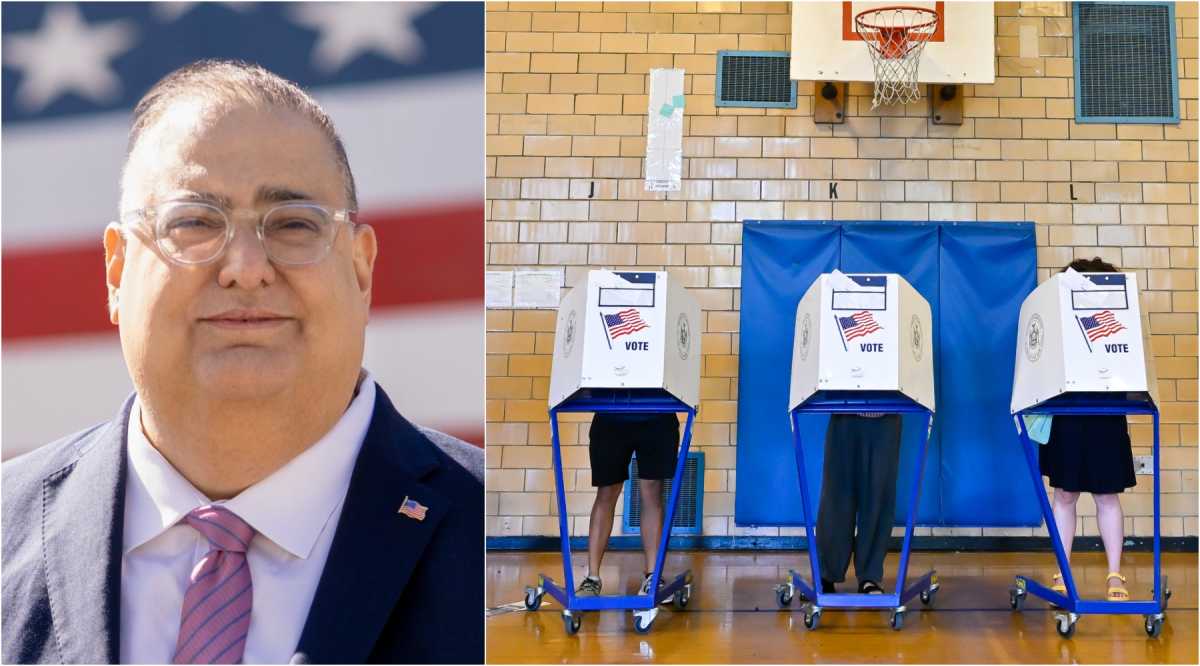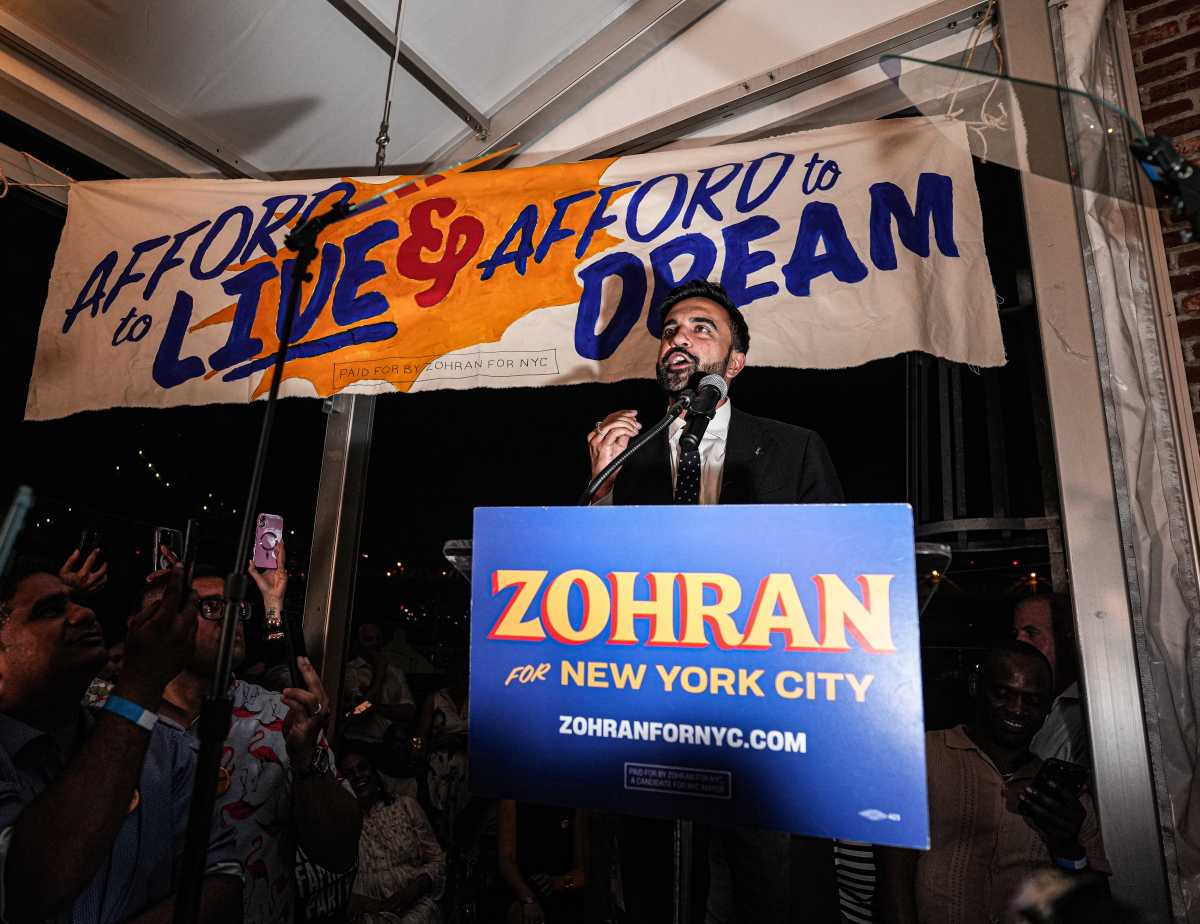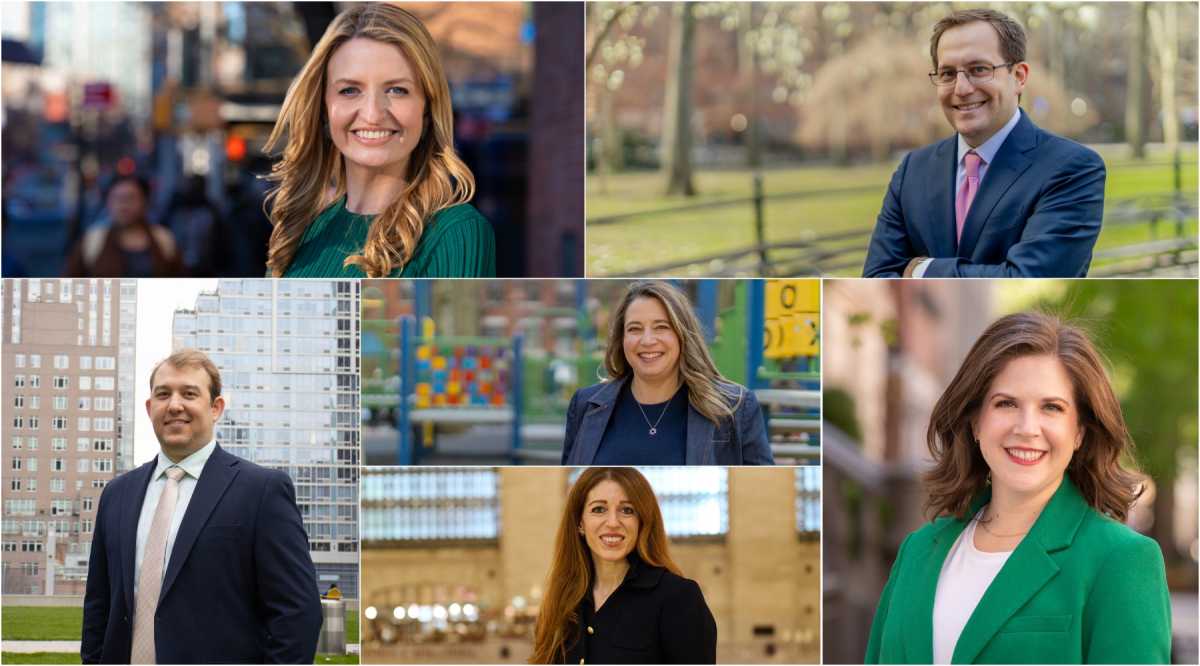As the Democratic Party continues to find its ideological platform, Upper West Side-Hell’s Kitchen border native Jonathan Herzog hopes to be among the first “Freedom Democrats” when he challenges U.S. Rep. Jerrold Nadler (D-Brooklyn, Manhattan) in the June 23 primary to represent New York’s 10th congressional district.
Born to Israeli immigrants, the Harvard valedictorian and NYU Stern MBA-holder’s policy got his political start as a campaign staffer for 2020 presidential candidate Andrew Yang (D). Herzog cited the coronavirus pandemic and the “new Great Depression.”
“Congress has been on recess, and I am running…because we need to wake up,” said Herzog. “We need a representative who has 21st-century solutions to these 21st-century crises.”
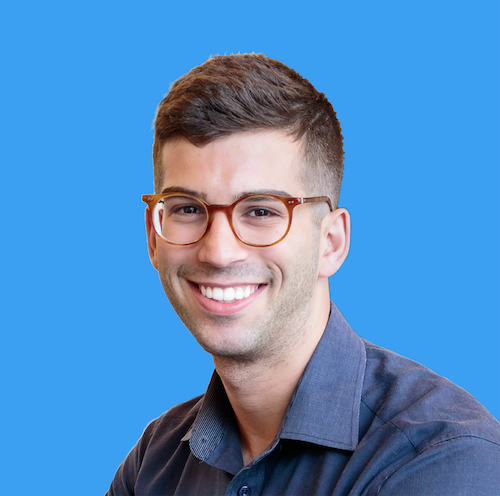
He proceeded to clarify that his campaign didn’t have “much to do with Nadler,” and even praised him in supporting a form of universal basic income, Herzog and Yang’s trademark policy proposal, in the Heroes Act. However, he indicated that “a single means-tested cash relief is not enough when we’re talking about a hole in the economy.”
“[Nadler] has served as a patriot for almost three decades, and served in and led many of the civil rights fights of his era, but what I’m really proud of and committed to fighting for is the civil rights fights of this era,” he said.
Herzog’s other policy priorities include ranked-choice elections, a “data bill of rights,” Medicare for all, and public funding of elections, in which every citizen would get a $100 “Democracy Voucher” to support the candidate or candidates of their choice.
“We know by the data that our elected officials spend more than half their time just calling wealthy donors for campaign contributions to get reelected,” he said. “This gets reflected and all the distortions in policy from climate action, to gun safety, to direct cash relief during the pandemic.”
When asked how a “Freedom Democrat” differs from other party factions, Herzog defined it as “deep freedom over shallow equality.” “Universal cash relief to all people is an idea that…sets a new floor below which no-one can fall. Capitalism or income doesn’t start at zero,” he explained. “Freedom Democrats fight to raise the floor, not lower the ceiling.”
Herzog also clarified that he wants to “fix the system and build the future, not find others to blame.” “The dynamics of this era have been insurgent versus incumbent and left-wing and right-wing populism where everyone has a scapegoat of their choosing,” he said. “Whether those scapegoats are immigrants or…billionaires…we don’t have the time for the political fights and gamesmanship of decades past.”
Herzog’s refusal to scapegoat others comes in no small part from his identity as a gay Jewish man. Rather, he argues that his economic policies will help combat the currents that have allowed a wave of hate crimes to occur throughout the city, the majority of which are antisemitic in nature, citing a graph highlighting a strong positive correlation between German unemployment and support for the Nazi party from 1928 to 1932.
“Historically, hatred of Jews has presaged the death of so many civilized societies,” he said. “A hatred that after centuries has its most powerful allure during periods of political and economic unrest, from the angry, the confused, the short-changed and the scared looking for simple explanations.”
Ultimately, only time will tell whether Herzog defeats Nadler, passes his policy goals, and solves all the problems he intends to fix with them.


